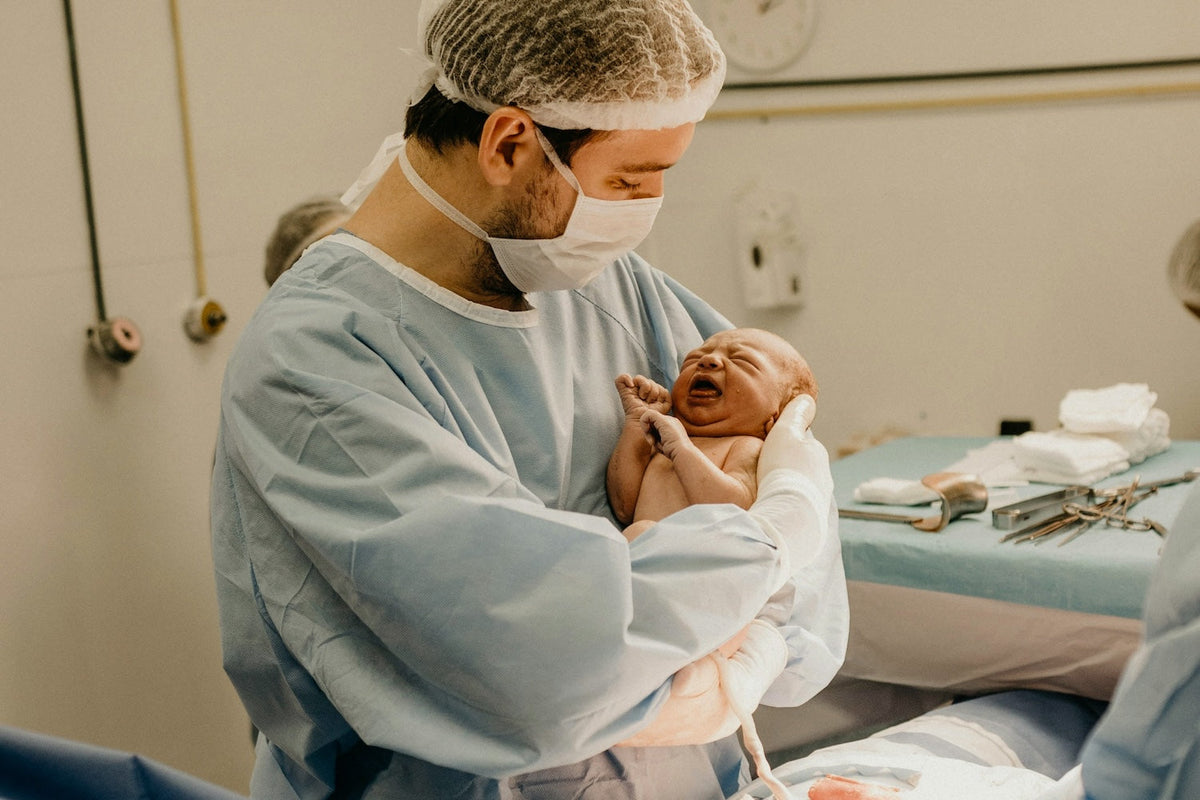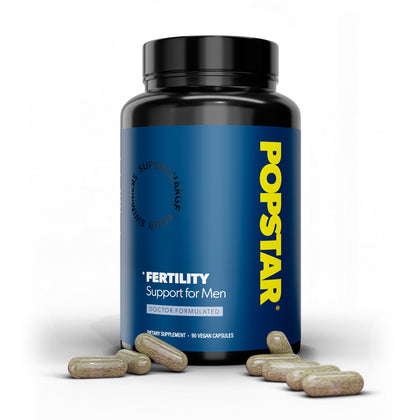

The global population of children born through assisted reproduction technology (ART) has surpassed 10 million, constituting a significant portion of births in Europe and the US. Over time, best practices in IVF have evolved, prioritizing single embryo transfer to reduce the risk of multiple births and associated complications such as preterm birth. Despite this advancement, babies born after IVF still face higher obstetric and perinatal risks compared to spontaneously conceived peers.
Babies Born After IVF
Studies have shown that babies born after IVF, whether through fresh or frozen embryo transfer (FET), are more likely to experience adverse outcomes such as being small or large for gestational age, low birth weight, preterm birth, and an increased risk of postpartum complications like postpartum hemorrhage and preeclampsia. Additionally, IVF procedures like intracytoplasmic sperm injection (ICSI) and oocyte donation are associated with specific risks, such as poor semen quality in male progeny and increased risk of babies being born small for gestational age.
Long-Term Monitoring
Long-term health outcomes for IVF-conceived children are still being explored, with emerging evidence suggesting potential risks of blood pressure and cardiovascular issues. Several large databases, such as CoNARTaS in the Nordic countries and MOSART in the US, have been established to monitor the health of IVF-conceived children and their mothers over the long term. These studies should provide more critical information over the coming years.
Health Risks in IVF-Conceived Children
Studies have highlighted various health risks in IVF-conceived children, including cardiometabolic issues, childhood cancer, neurodevelopmental disorders, and reproductive health concerns. While some risks, such as those related to cardiovascular health, remain inconclusive, others, like the increased risk of certain cancers in children born after frozen embryo transfer, still need further investigation to determine if they are real concerns.

Third-Party Reproduction
Third-party reproduction involving donated eggs or sperm has become increasingly common and presents its own set of health considerations. For instance, sperm donation has been associated with an increased risk of blood pressure disorders of pregnancy, while egg donation has been linked to higher rates of conditions like preeclampsia.
Overall Safety and Future Considerations
Despite these concerns, overall, the long-term health outcomes of children born after IVF appear to be safe and without medical issues. However, ongoing monitoring and research are essential to understand better and mitigate any potential risks associated with IVF procedures. Additionally, efforts to minimize unnecessary IVF interventions and optimize protocols should be prioritized to ensure the safety and well-being of future IVF generations.





